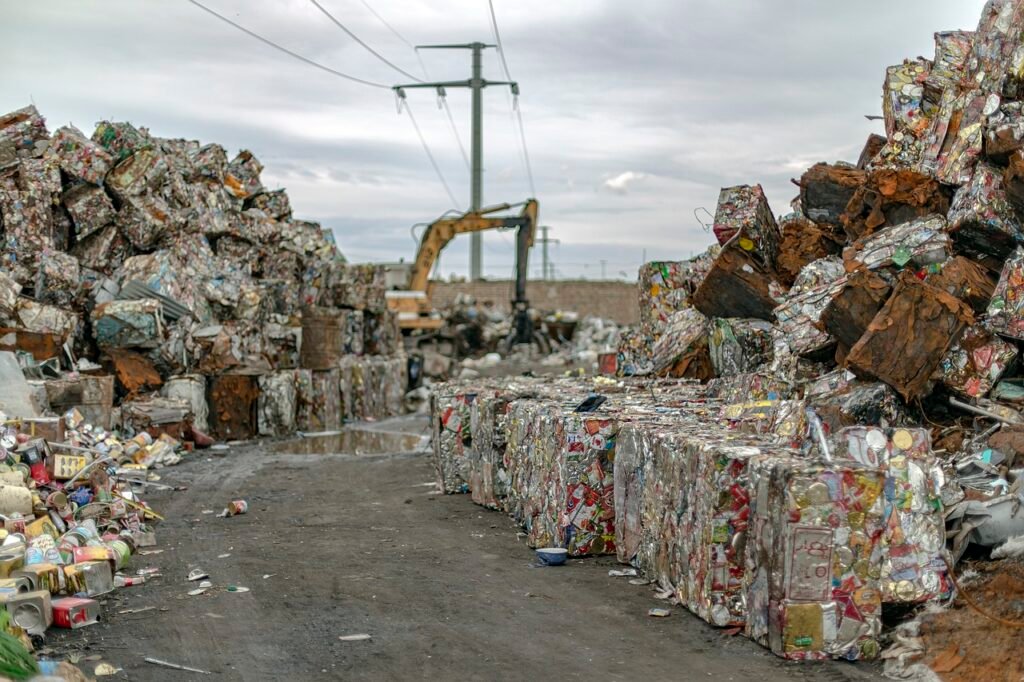Waste Management in India is taken care of by the Union Ministry of Environment, Forests, and Climate Change. In India, there are several prevailing rules regarding waste management, and these are based on the various ideas of “precaution”. “sustainable development”, and “polluter pays”.
The concept of Waste Management requires businesses and cities to take care of their immediate surroundings and environment, fixing all the potential harm they usually cause. Due to the tremendous growth of the economy in recent years, the amount of waste has considerably increased. So, there are laws that substantially regulate the ways of handling wastes of various forms under the Environment Protection Act of 1986.
Statistics Related to Waste Management in India
- India produces 62 million tonnes of waste per year, and out of this, only 70% are collected. Surveys have revealed that only 12 million tonnes of these wastes are treated, while 31 million tonnes of waste are being used in landfills.
- The overall generation of municipal solid waste is estimated to increase to 165 million tonnes by 2030 due to the changing patterns of consumption and also rapid growth in the economy.
Urban versus Rural Waste Management
It has been surveyed by the government authorities that urban India is more responsible for the substantial portion of waste management, with cities like Delhi. Mumbai, and Bangalore produce the maximum amount of waste. However, rural areas, in the present times, are not far behind.
The rural areas are also contributing to the overall waste burden with the improper means of waste disposal in India. While the urban regions have some considerably good infrastructure in place for the purpose of waste collection & treatment, most of the rural areas often lack even those basic systems of waste management. This is exacerbating the particular problem.
Key Challenges in Waste Management
The key challenges in waste management in India are as follows:

- Deficiency in Infrastructure – One of the very significant challenges when it comes to waste management in India is the lack of adequate infrastructure. Several cities, towns and villages lack sufficient facilities for waste treatment and disposal, leading to frequent waste accumulation in open dumps under the sky,
- Financial Constraints – The financial burden on the concerned local bodies to manage waste disposal in India effectively is indeed immense. With limited budgets, several struggle to invest in various modern systems of waste management, resulting in various outdated practices.
- Public Awareness & Participation – The participation of the public in segregating waste and waste disposal in India is minimal. It is often due to the lack of awareness. The effective ways of waste management indeed require proactive involvement from the Indian citizens. This initiative is lacking presently.
- Implementation of Policies – While India has different policies & regulations regarding waste management, the optimal implementation of all these policies is not found to be consistent. This existing gap between the formulation of the waste management policies and their execution remains one of the significant hurdles.
Effective Solutions to Improve Waste Management
The various effective solutions for improving waste management in India are:
- Substantial Investment in Infrastructure – To tackle the crisis of waste treatment and disposal, there needs to be a very substantial investment in the field of infrastructure. The initiative of building more plants for waste treatment, recycling facilities, & composting units can indeed help in reducing the landfill loads.
- Promoting the Source of Waste Segregation – Encouraging citizens to segregate waste as the source can considerably enhance the overall efficiency of waste treatment and disposal. Public awareness campaigns as well as incentive can greatly motivate people to adopt better habits of waste disposal.
- Leveraging Technology – The adoption of technology can strongly revolutionize the process of waste management in India. From placing smart bins that track levels of waste to promoting apps that educate and engage citizens regarding waste disposal in India, technology can very well bridge the gap between the generation of waste and its disposal.
- Participation of Private Sector – Involving private waste management companies can bring a lot of expertise as well as efficiency to the entire process. Several waste management companies like Northamps based out of Kochi, Kerala have shown how the participation of the private sector can widely lead to innovative solutions and better practices of waste management in India.
Best Practices Related to Waste Management & Disposal
India can take cues from the various global best practices in the area of waste treatment and disposal. Countries like Japan and Sweden have now achieved almost zero levels of waste by combining various effective processes like waste-to-energy plants, recycling, & stringent waste management policies. The implementation of all these waste management practices in India will maximize the chances of reducing the environmental impact of waste.
- Initiatives for Waste Recycling – The recycling of wastes should be encouraged in India from the grassroots level and this initiative can considerably reduce the amount of waste that ends up in landfills presently. Also, providing incentives for recycling & making recycling facilities easily accessible are some of the important steps that can be adopted.
- Organic Waste Composting – Composting the produced organic waste can considerably reduce the volume of waste that is sent to landfills and provide the compost full of nutrients, which is good for agriculture. Promoting community and home composting can prove to be an effective solution for the management of organic waste.
- Conversion of Waste to Energy – Waste-to-energy plants work towards offering a dual benefit – reducing the amount of waste and generating a lot of usable energy. By converting non-recyclable waste into electricity, India can easily tackle both the processes of waste management and, at the same time, address energy shortages simultaneously.
Conclusion
Waste management in India is a multifaceted challenge that specifically requires the right combination of developing infrastructure, intervening in the policies, public participation, as well as involvement of the private sector.
Several private sector waste management companies like Northamps are presently making strides in this direction. This, indeed, is a ray of hope for building a sustainable future.
By addressing all these challenges head-on and implementing various effective solutions, India can very likely improve the entire country’s practices of waste management, leading to a healthier and cleaner environment.


